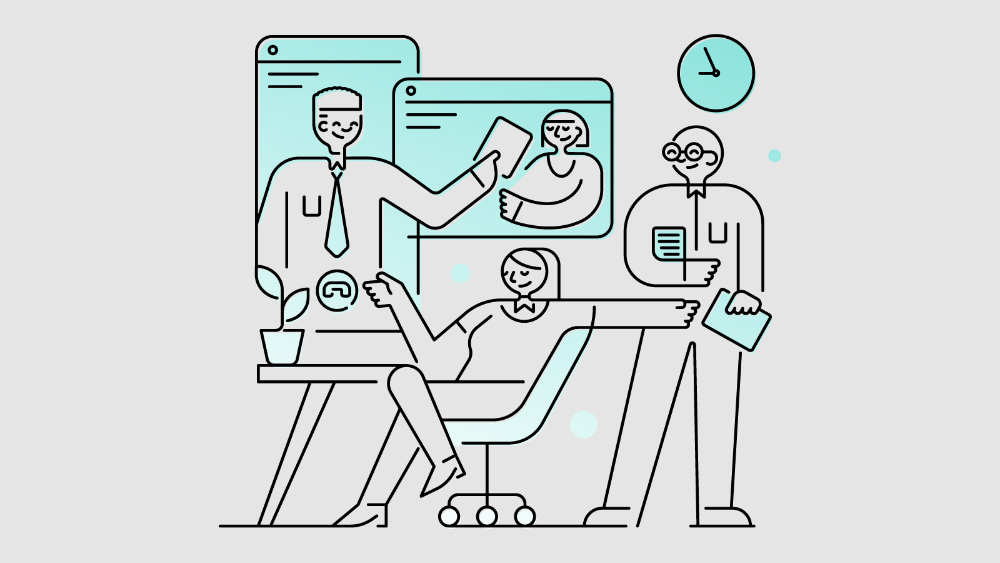
Since Eli Whitney revolutionized the production of cotton with his invention of the cotton gin in the late 1700s, technology has been widely recognized as the driving force behind nearly every paradigm shift in the world of business. From Henry Ford’s installation of the moving assembly line to Steve Jobs’ and Steve Wozniak’s development of the first personal computer and Motorola’s creation of the cellular telephone, such innovations ushered in new eras of innovation and success.
Fast forward to the 21st century when advances in technology made it possible for millions of employees to continue working during the worst public health crisis in more than a century. Additionally, it erased some of the stigma surrounding remote working and showed employers it didn’t matter where people worked, just that the job got done. The ability to seek out new opportunities regardless of a potential employer’s location opened a whole new world for employees — and led to the much-talked-about Great Resignation.
As employers create their post-pandemic “new normal,” many workers have made it clear they have no interest in returning to a traditional office setting. According to the 2022 Alight International Workforce and Wellbeing Mindset Study, 75% of U.S.-based employees say working remotely has more benefits than drawbacks for them and 90% would be interested in continuing to work remotely if given the opportunity.
With employees more comfortable switching jobs and work increasingly resembling a long-distance relationship, employers are finding they need to fundamentally change how they approach the workforce. Competitive pay and benefits will continue to play a major role in attracting and retaining key talent, but a one-size-fits-all approach is no longer effective. The time has come for HR to embrace the personalization of benefits, driven by technology that connects employees to relevant content in the moments that matter, making it easy for them to focus on what’s important.
The reprioritization of work

The COVID-19 pandemic forever changed the world as we know it, creating a “new normal” in which we must now re-create our lives and businesses.
The transition to work from home showed millions of employees that their job prospects are no longer limited by geography.
Technology opened the door to unlimited opportunities to work for companies in far-flung locations without the need to uproot their entire lives through relocation.
of employees trust that their employer develops benefits programs in their best interests.
The ability to work remotely has made it easier than ever for people to change jobs if they aren’t getting what they want from their current situation. Just over half (53%) of employees expect to be with their employer in 12 months and overall employer satisfaction stands at only 38%. That should concern all employers as they struggle to attract and retain talent.
As they navigate the world of remote and hybrid work, cultivating trust poses a major challenge for employers. How can they demonstrate to employees that they value and support them when their only interactions are virtual? When done right, benefits increase employee trust in their employer by 14 points, according to our recent Winning with Wellbeing report.
Unfortunately, just over one-third (35%) of employees trust that their employer develops benefits programs in their best interests.
How employees feel about employers
Overall employee satisfaction
Likelihood to be with employer in 12 months
Trust that employer develops benefits plans in employees’ best interest
SOURCE: Alight’s research, “Winning with Wellbeing: Choose a human-centric approach to benefits to enhance the employee experience
Read the full article
Please fill out the form to access the content.


